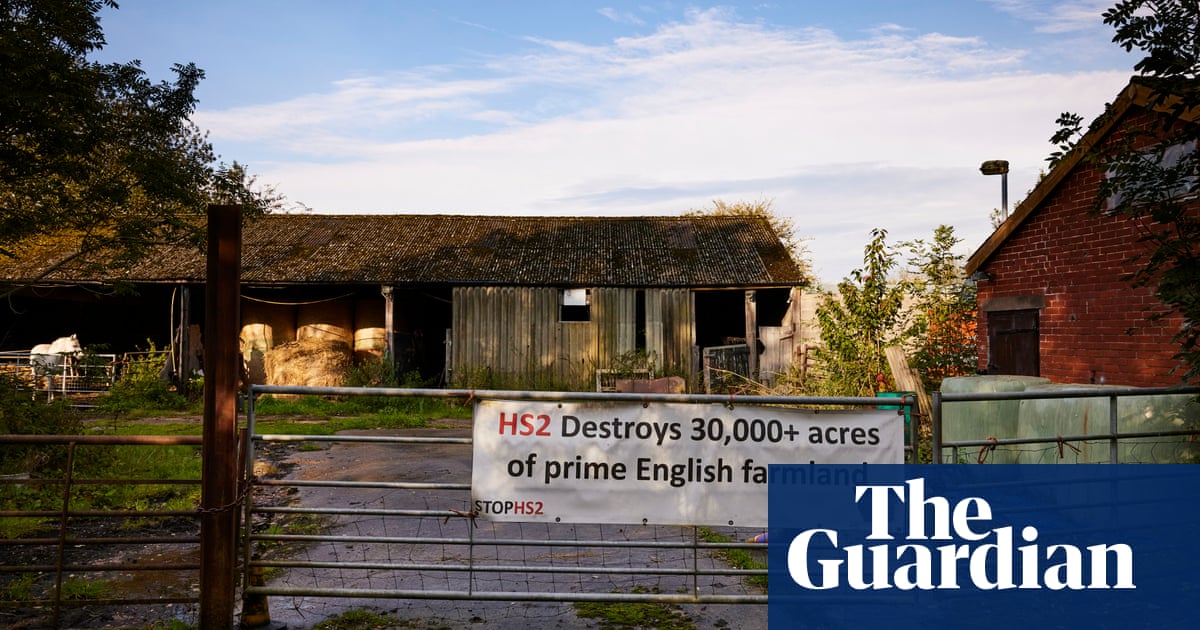
A secret plan to renovate five “grace and favour” flats on the parliamentary estate for senior House of Commons staff has cost nearly £700,000 of public money, the Guardian can reveal.
Emails released under the Freedom of Information Act show that officials were initially given a budget of £280,000 for the refurbishment.
But after installing new kitchens, bathrooms, carpets and floors, receipts released to the Guardian show that more than £693,000 has been spent so far on outside contractors. Some of the work is yet to be completed.
The House of Commons commission, a powerful committee chaired by Speaker, Sir Lindsay Hoyle, decided in March 2020 to push through plans to transform existing flats and converted offices into modern apartments.
The flats, whose location has been withheld by the Guardian on security grounds, have easy access to sites including the Commons’ chamber and Portcullis House, where many MPs have offices.
Officials who will live in the flats include Helen Wood, the Speaker’s key adviser and chief of his staff, head of governance and the secretary to the commission Marianne Cwynarski, and the clerk of the house John Benger.
Parliamentary sources confirmed that some staff were invited to choose their own decor and fittings within an agreed budget.
Hoyle has been living in one of the flats, parliamentary sources confirmed. They claim that he is doing so while fire safety work is carried out on his official residence in the Palace of Westminster.
The plan to allow key staff to return to flats on the parliamentary estate was drawn up before the Covid pandemic, but was accelerated so that senior staff would be on call for emergencies.
The renovated properties were earmarked for “mixed use” since the last Speaker John Bercow left office 16 months ago.
Neither the renovation plan nor its costs are referred to on the House of Commons Commission’s website and, in keeping with the committee’s rules, was not approved by parliament.
Tom Brake, the former deputy leader of the house who is now director of Unlock Democracy, said the Commission should set an example for all other political institutions and come clean over the overspend.
“Nothing less than total and prompt disclosure of embarrassing cost overruns will do.
“When the alternative approach of delay and obfuscation was tried in the past, with episodes like MPs’ expenses, it did permanent damage to the Commons’ reputation,” he said.
The disclosure comes as it emerged that MPs will be expected to decide in early 2023 how much the public purse will spend on restoring parliament. Commons leader, Jacob Rees-Mogg ,said the business case would be put before the house in this period – and it would be up to MPs to approve or reject it. They will have to “prioritise what matters most” and know the cost and benefits of each part of the project. Rees-Mogg claimed costs for parliament’s restorations could hit £20bn – compared to a previous estimate of £4bn.
On the flats issue, emails released under FoI show that Wood wrote in March 2020 to a redacted recipient, cc-ing Benger, expressing her relief that the plan had been passed by the commission last year.
“Good news. The House of Commons commission agreed today that £200k could be redirected to the maintenance budget for the refurbishment of the residences and bedrooms.”
“I am aware you had already had an allocated budget of £80k so assume this is in addition to that,” she wrote.
In July of that year, Wood sent an email to another parliamentary official emphasising that the flats should stay as flats and not be changed to offices in the future.
“This is to confirm the Speaker’s instruction that the residences which have recently been reinstated for key staff should remain as residences in any masterplan – [REDACTED].
“That means there should be no plans to ‘knock them together’, building extra space on top of them etc. or substantially alter them for other purposes,” she said.
Following a FoI request from the Guardian, the Commons released 14 invoices related to the flat renovations which totalled £693,389.12.
They show that spending on the flats had exceeded £280,000 by June 2020, three months after renovations began.
The commission is facing demands for reforms after being criticised for being opaque and unaccountable to MPs or the public.
In February, Andrea Leadsom, the former leader of the house, demanded wholesale changes in a speech delivered to the Institute for Government.
“The Speaker chairs the committee and the Speaker and leader [of the house are] on it by right. The rest are chosen by whips and the process is entirely opaque. Meetings are held behind closed doors and it does not publish minutes of meetings. We need an elected membership [of the committee] and for minutes of each meeting to be published,” she said.
The commission was established in 1978 and is responsible for the administration and services of the House of Commons, including the maintenance of the Palace of Westminster, and the rest of the parliamentary estate.
A statement released by the Commons said the pandemic created an unprecedented demand on key parliamentary staff, with a need for personnel to reside on the estate and be available 24/7 so they could fulfil their parliamentary duties.
“The Grade II listed buildings were in very poor condition; in some cases they hadn’t been refurbished for many years and due to the pandemic, refurbishment work had to be delivered at an urgent pace. The House of Commons is reviewing its full property portfolio, including some accommodation outside the secure perimeter.”
“Future rationalisation of the estate is expected to neutralise any costs incurred during the pandemic on these residences,” it said.








